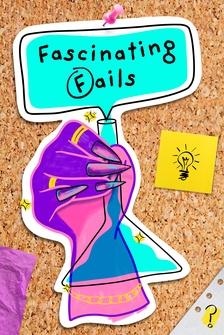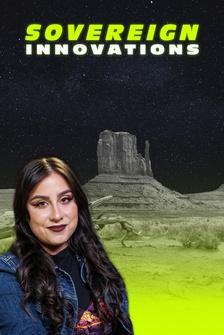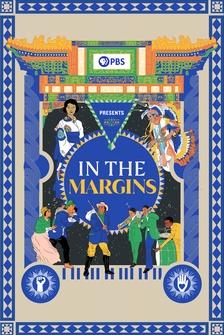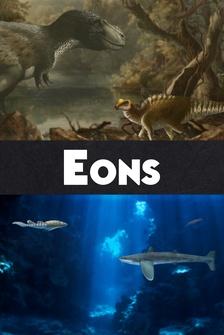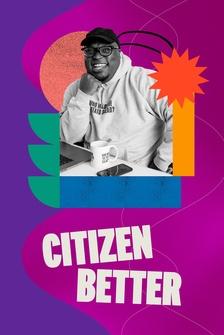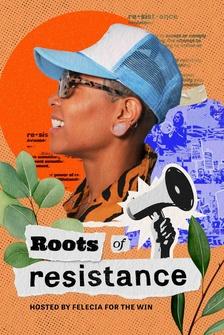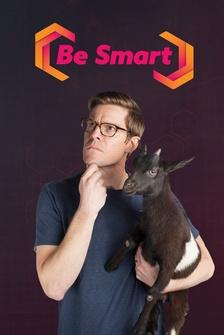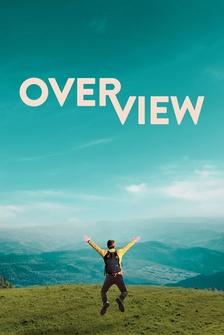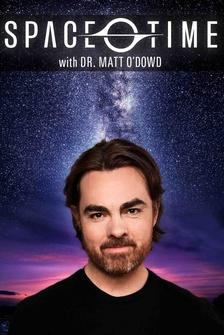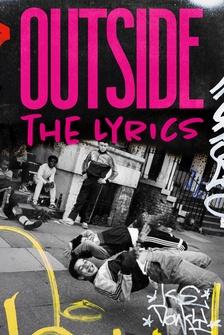[music] In 1989, Chuck D, Public Enemy front man, described hip-hop as the Black CNN.
His point was that hip-hop was more than just a space for creativity and fun.
It was a forum for discussing the conditions of urban community.
Such conditions were the basis for the 1982 hip-hop classic, "The Message."
The song's vivid lyrics captured the stress and desperation caused by unemployment, crime, violence, and benign neglect, and, ultimately, it became a global hit.
♪ I can't take the smell, can't take the noise.
♪ ♪ Got no money to move out, I guess I got no choice ♪ It was one of the first examples of hip-hop as a viral art form and a megaphone for the underserved.
A global network of culture and rebellion long before the internet.
Yet some would argue that hip-hop's revolutionary ethos has faded.
Can hip-hop still speak for the downtrodden?
Does it still serve as a site for resistance against injustice?
And what role can technology play for hip-hop's contributions to social change?
[music] Public Enemy's famous song, "Fight The Power" represents not just an anthem, but a call to action.
It links hip-hop to resistance movements of earlier eras, and is a reminder of the role that art can play in aggrieved community's efforts to confront systems of power and oppression.
This has been an ever-present part of hip-hop.
Look no further than rapper Tupac Shakur's song, "Brenda's Got a Baby," where he details the impact of sexual assault, violence, and teen pregnancy on young Black mothers, or Rapsody's song, "12 Problems," where she condemns police brutality and mass incarceration and situates the Black Lives Matter movement as part of a long continuum of liberation struggles.
People are still telling stories.
People are still demanding to be seen, heard, understood, helped.
I think that there are certain artists that are known for it in terms of their lyricism and their work, but I think that there are artists that they may be known for something else, but they do the work on the backend.
I think that hip-hop has always had that ability to speak truth to power.
I don't think it gets highlighted enough today.
[music] The hip-hop community's willingness to speak truth to power, is a reason why hip-hop continues to be the lingua franca of alienated and subjugated people worldwide.
From the Brazilian Racionais MC's, to French group, La Rumeur, to Iranian rapper Toomaj Salehi, what becomes clear is that hip-hop's greatest achievement is how it has inspired people to use this art form for protest and social commentary.
Jamel Mims is a multilingual rapper, activist and media educator who fuses music and technology to create bridges of connection and understanding between people of Asian and African descent as MC Tingbudong who raps in English and in Mandarin.
[music] For me, it was really helpful as frankly a young Black person who is coming up out of Washington, DC connecting with Chinese language and Chinese culture.
I really came through the door of hip-hop.
It really anchored me to contemporary Chinese culture and analyzing, okay, well, how does this culture look here?
How the graffiti writers dealing with issues that are similar or dissimilar than the ones who were in the Bronx in the '70s?
How is it a commentary on gentrification?
Why are we seeing this in places with urban sprawl?
A group I spent a lot of time with when I was in Beijing, during the Fulbright, Yin Tsar, they had a song called Beijing [foreign language], Beijing Evening News, [foreign language].
There are people sleeping under the underground walkways and tunnels.
Hip-hop's capacity to connect marginalized communities could not have happened without technology and media.
First, it was through cassette tapes, music videos, mix tapes, and bootlegging.
Originally it came through China, through bootleg CDs that are called Daco CDs that are basically like offloaded dead stock CDs from the United States.
Hip-hop was the internet before the internet was the internet.
We created that -- that idea of, yo, there's a new piece of art out and it's going viral on the streets.
Everybody wants to be part of it and got to have it, that's a hip-hop thing.
So going viral is nothing new for us.
But today it's the internet that provides hip-hop communities with new tools to raise awareness and generate political action.
Consider the demonstrations in Ferguson, Missouri in 2014 or the global protest after the 2020 murder of George Floyd.
Constantly in the mix were hip-hop artists, many of them using media and tech to point people in the direction of grassroots organizations on the front lines.
In 2011, when I was part of Nonviolent Civil Disobedience campaign to stop the Stop-and-Frisk policy, social media was definitely around, but it wasn't at the breakneck and blistering pace that it is currently.
But then I think we really saw accelerate in 2014 with the death of Mike Brown and Eric Garner in 2017-18, and then of course 2020 where it really went global with George Floyd, Hip-hop and Black culture came together to just make social media the powerhouse that it is.
So the culture and the way that we move and the way we articulate and engage and joke, it's still defining things.
It's still defining how we speak truth to power because there's almost no more effective way from a cultural standpoint to really like get a message across, Like hip-hop is still holding that crown.
[music] The tools and platforms of new media and technology have become key within hip-hop activism, but much of it is not owned or controlled by the people on the front lines of these struggles.
Artists today are finding ways to create agency within the digital space.
Sum's recent work has been with LAPD Spying Coalition, a grassroots group working to curb police surveillance and brutality.
My work and my interest with social media and how it intersected with the arts is really how I landed with Stop LAPD Spying Coalition.
Essentially, what I saw happening was social media platforms and apps capitalizing on and profiting from the death of Black men, and police killing people in the streets.
Hip-hop artist and scholar, Queen D. Scott's work touches on technology and social media's erasure of Black and brown people.
In social media, there's this local surveillance that is happening, surveillance of trends.
You're looking for trends, you're looking for new ideas that you can latch on to and modify for your own brand.
I think that is what is causing this kind of exploitation, especially when those ideas are taken from Black and brown creators and then embodied in white bodies.
It suppresses the originators of those ideas, and then that trend becomes considered "universal" or "palatable" or "consumable."
Almost and fundamentally that comes from and relies on and operates in a system that's based on the exploitation of people for profit here and around the planet.
As long as we're living in and have a system that operates in that kind of way, technologies that are developed are going to operate in response to that.
The question then becomes, "How are you actually using those tools to engage people to help them actually see that there's a system at the heart of this, and that frankly that we don't have to live this way."
♪Hey kids, feel like life is too boring?
♪ ♪ Sick of quarantine, ♪ ♪ but have to deal with the world filled with coronavirus, racism, and no future?
♪ Since 2015, I've been exploring and experimenting in different ways to bring immersive technology both into my work as a way to really immerse people in the world I was trying to build, but then to also really compel them after that experience is done, to take that headset off and get in the streets to actually fight for the vision of that world that they see.
As somebody who is interested in Afro-Futurism, I'm interested in world-building, and world-building to me really connects to this VR/AR technology.
I think about as we're moving into this AR/VR space, what is the gatekeeping that is happening?
Yes, let's be excited about it, but who are we automatically disregarding from the space, and how can we build a bridge and have some other accessible ways to be immersed?
And what is immersion?
Learning my way around a new piece of technology which helps me reach people, often the end product even if I fail with that piece of technology, is my consciousness expanded in the process.
That's an artist's sole job, is to continue to expand their consciousness.
The tale has not yet been written on what the future of humanity is and what it holds, and what the relationship of those technologies are.
It's up to folks like us who actually know the potential that they can be used for, to actually use them in the correct ways.
Hip-hop reminds us that there's always power in the collective, and that at its best, the culture is a forum for people to raise their consciousness and enact change.
Does hip-hop still have something to contribute to transforming our world for the better?
And can it still inspire us to fight the power?
Let us know what you think.
[music]





